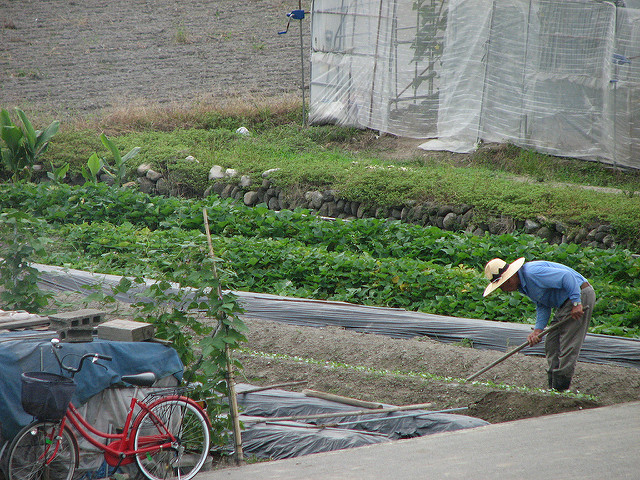Seventh Sunday in Ordinary Time
Sr. Helen Graham, MM
February 23, 2020
Leviticus 19:1-2, 17-18; Psalm 103:1-4, 9-10, 12-13; Corinthians 3:16-23; Matthew 5:38-48
Sr. Helen Graham, MM, a missioner in the Philippines, reflects on what it means to be holy.
The selection of readings for Sunday, February 23 comes on the heels of the United Nations’ (UN) World Day of Social Justice, which was observed on February 20 with the theme, “Closing the Inequalities Gap to Achieve Social Justice”. This has been an annual UN observance since 2007 geared toward encouraging people to pay attention to the ways in which social justice affects the Sustainable Development goal of poverty eradication. Sunday’s reading selections carry the theme of social justice as well.
The first reading from the Book of Leviticus begins with a call: “You shall be holy, for I the LORD your God am holy” (Lev 19:2). The Gospel selection ends also with a call: “Be perfect, therefore, as your heavenly Father is perfect” (Matt 5:48). In between these two “bookend” calls to holiness and perfection are a number of references to various commandments brought into new contexts. For example, Leviticus 19: 9-16 is not included in the first reading. In those omitted verses we read what it means to be holy as God is holy:
- When you reap the harvest of your land, you shall not reap to the very edges of your field, or gather the gleanings of your harvest;
- You shall not strip your vineyard bare, or gather the fallen grapes of your vineyard; you shall leave them for the poor and the alien: I am the LORD your God:
- You shall not steal; you shall not deal falsely; and you shall not lie to one another;
- And you shall not swear falsely by my name, profaning the name of your God: I am the LORD;
- You shall not defraud your neighbor; you shall not steal; and you shall not keep for yourself the wages of a laborer until morning;
- You shall not revile the deaf or put a stumbling block before the blind; you shall fear your God: I am the Lord;
- You shall not render an unjust judgment; you shall not be partial to the poor or defer to the great: with justice you shall judge your neighbor;
- You shall not go around as a slanderer among your people, and you shall not profit by the blood of your neighbor: I am the LORD
The first reading comes to conclusion with: “You shall not hate in your heart anyone of your kin; you shall reprove your neighbor, or you will incur guilt yourself. You shall not take vengeance or bear a grudge against any of your people, but you shall love your neighbor as yourself: I am the LORD.” All of this is what it means to be holy – in a word, to do justice!
The theme of acting justly continues in the Gospel selection from Matthew, which speaks of not resisting an evildoer, turning the other cheek, giving to everyone who begs and not refusing the borrower, loving one’s enemies and praying for those who engage in persecution. Matthew tells us that by such behavior we will be identified as children of God and be perfect as our heavenly father is perfect. Being holy and being perfect are understood to be the same thing in these verses. One imitates God by being just. The Sunday readings come full circle in this final verse.
The responsorial excerpt from Psalm 103 introduces us to another dimension of the divine: that God is merciful and forgiving. Unfortunately, the excerpt for today’s liturgy does not include the important verse 8 which is central to the whole psalm: “The LORD is merciful and gracious, slow to anger and abounding in steadfast love.” This “graciousness formula” from Exodus 34:6 is expanded in the verses that follow which further explain how God is merciful and forgiving.
The contemplation of our readings against the background of the UN observation of World Day of Social Justice leads us to return to the beginning of the Responsorial psalm: Bless the LORD, O my soul; and all that is within me, bless God’s holy name!

